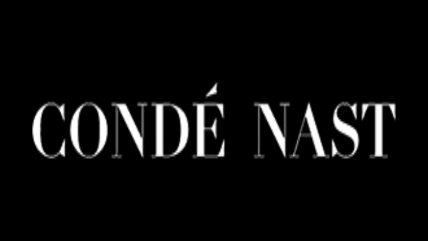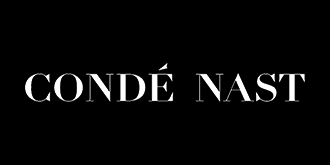In Unintended, But Totally Expected, Consequences: Condé Nast Eliminates Internship Program


Condé Nast, the globally renowned media publisher that produces magazines like Glamour, The New Yorker, and Wired, announced late last month that it will no longer offer its internship program. The decision comes in response to a lawsuit filed by two former interns, Lauren Ballinger and Matthew Leib; in June, the interns sued Condé Nast for months of backpay, alleging that the publisher violated federal and state labor laws.
The Wall Street Journal reports:
Mr. Leib alleged that the New Yorker paid him well below minimum wage—in stipends of $300 to $500—for each of the two summers he had worked at the prestigious weekly, where he reviewed and proofread articles. Ms. Ballinger alleged in the complaint that she was paid $12 a day for shifts of 12 hours or more at the fashion magazine.
The case is still pending, but Condé Nast's decision has been made. The current crop of interns will not be affected – they will just be the program's final participants.
The details of what Condé Nast will do moving forward are unclear though. Will they replace the internships with more competitive paid positions? Or will the publisher simply reshuffle their existing workforce? The company has been silent since the announcement.
Reactions have so far been mixed. Numerous former Condé Nast interns have lamented that the elimination will mean lost opportunities for future students. "It's disappointing and kind of ridiculous that it had to come to this," Rachel Rowlands, a senior at the University of Michigan who interned at Glamour Magazine this summer, told USA Today. "I had an amazing experience at Condé Nast, and I honestly feel bad that other college students won't be able to have the same experience that I did."
Dylan Byer, a media reporter at Politico who completed internships at The New Yorker, told the New York Times that he valued his experience and disagrees with the lawsuits. For people to accept the terms of an internship and then turn around and retroactively sue their employer seems "disingenuous," he said.
Yet another former intern told Buzzfeed that her internship prepared her for the reality that the print media industry doesn't pay very well, even for full-time employees:
"A few years [after completing my Condé internship], I interviewed for a job as a features assistant at Vogue… an editor asked me what my parents did before telling me how much money I'd make: $25,000 a year."
Indeed, a brief perusal of Condé Nast's average salaries shows that Editorial Assistants don't even crack $30,000 per year.
Even those advocating against unpaid internships expressed their frustration and apparent surprise at the news.
The Fair Pay Campaign, a student-run organization with the rallying cry "No-one should have their dreams denied because they can't afford to work for free," tweeted:
SHAME on Condé Nast for ending their internship program, instead of paying a living wage.#payyourinterns
Likewise, the lead attorney representing Leib and Ballinger, told the Wall Street Journal:
Our goal isn't to end internship programs. Our goal is to…make sure they're legal, either by paying minimum wage or making sure they meet the criteria the Department of Labor has spelled out.
Condé Nast is the first major firm to eliminate its internship program since the flurry of unpaid intern lawsuits sprung up this summer. However, lawyers and employers are predicting that many firms may start to cut their programs - or offer just a few paid positions instead of many unpaid ones. So despite advocates' desire to open doors for struggling students, it seems the "Great Unpaid-Intern Uprising" may result in employers closing off opportunities altogether.


Show Comments (25)